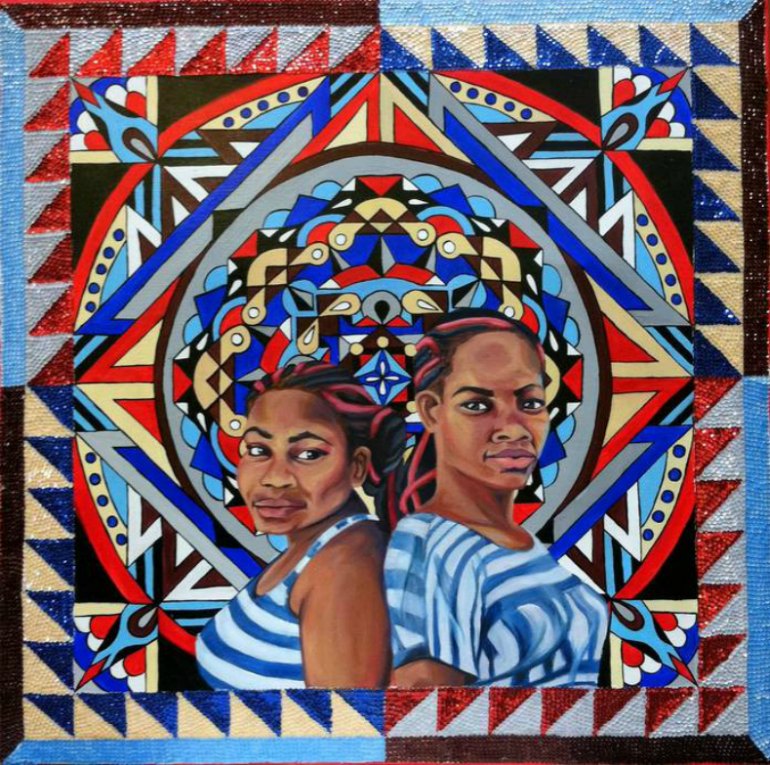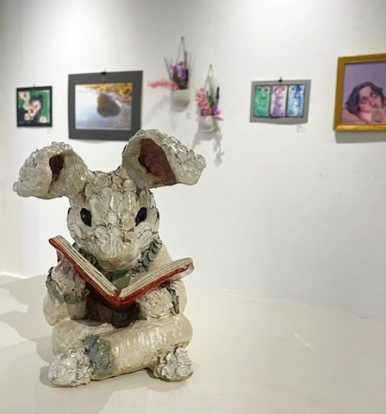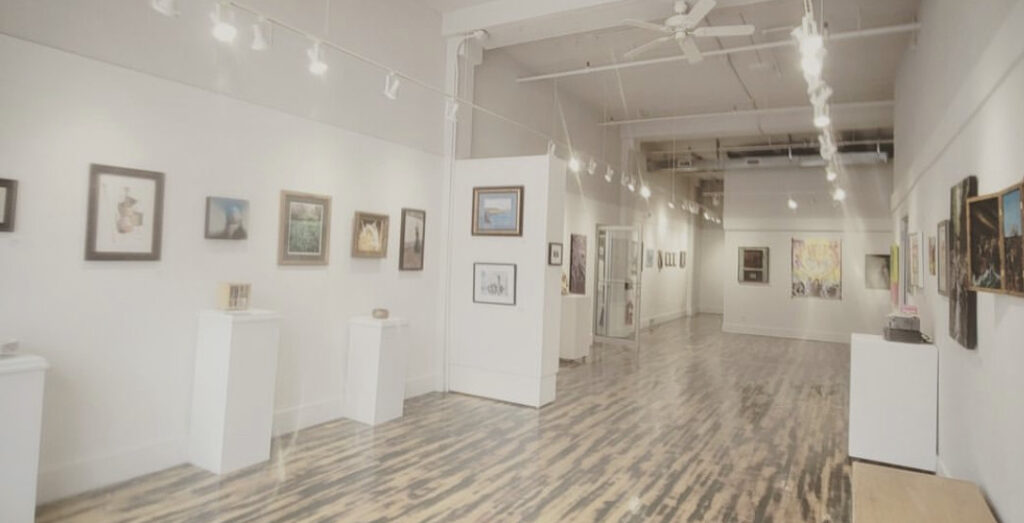
- This event has passed.
Grilling Ice LEE RAINBOTH
July 6, 2018 - August 11, 2018

Grilling Ice
LEE RAINBOTH
July 6 – August 11, 2018
COMMUNITY GALLERY
This exhibit examines the ways that matters of mortality and masculinity manifest themselves in a contemporary Haitian context. Too often for young men in Haiti the way that they express their masculinity becomes a matter of survival itself. In an environment where simply surviving daily life can become an act of rebellion, young Haitian men end up constructing layers of masculine identity to protect themselves against the near impossible circumstances that they find themselves in. This collection of work focuses on stripping away those layers that define life for young Haitian men. The majority of my subjects in these pieces are nudes to show them at their most authentic and most vulnerable selves underneath the impenetrable facades that they enshroud themselves in. Life expectancy for men in Haiti is 60.98 years so by the time they reach the age of 30, Haitian men can expect that they’ve lived half of their life on this earth already. All of the subjects of my paintings are under the age of 30 and are good friends of mine. They are individuals that I see wrestle with these matters every day as their lives depend on what emotions they choose to show and how much strength they carry themselves with. So the way that I depict them represents how they embody the contradictions of their own manliness. The culture of Haiti embodies many contradictions of hetero-masculinity on a macro scale. Men are expected to be tough and defensive but they can also show signs of affection with other male friends that would been seen as taboo in other cultures. They have to confront the negative stereotypes of indulging in sex, alcohol, and rap music, while also demonstrating proof of their masculinity by indulging in those very things. My work weaves the influence of such a culture with the personal experiences of the actual subjects of the paintings. It is intended to reach beyond the stereotypes to portray a more nuanced understanding of what it means to be a young man in Haiti. It is an exploration of how these young men can become more than what they are perceived to be.
The title references a response to the question, “How’s it going?” that my friends depicted in the paintings frequently say. “Oh, you know, we’re just out here grilling ice.” It signifies the difficulties of life as a young Haitian male where one might feel like they are constantly working towards something, but are backtracking rather than making progress. After you’ve worked to freeze the water to turn it into ice, you just throw it on the grill and make it vaporize. That’s what life in Haiti as a young man can feel like. Nothing lasts long and all the hard work you do to advance in life often feels in vain. Much too often if feels like you’re just finding a way to pass the time until death comes and your life vaporizes in an instant as well.
The techniques used to create the pieces in this exhibit include a number of different cultural and spiritual influences that all contribute to the layered experience of young Haitian men. The sequined designs used in many of my pieces are inspired by the use of sequins in Haitian voudun traditions, specifically in the ritual flags that are used in ceremonies to bring individuals in trance-like experiences with the spirit world. I also integrate designs such as veve’s which are symbols representative of voudun lwas or spirits that focus on intersections, as well as mandalas which come from South Asian cultures such as Nepal, which maintains a complicated relationship to Haiti related to the devastating earthquake of 2010 and the cholera epidemic that followed. Traditional bogolan mud cloth textiles are also used in several pieces representing the complex history of slavery and ancestral roots of Haitian identity that lies in West Africa. All of these are combined with my own traditional training in figure painting and portraiture a nuanced story of identity connected to spirit and place.




